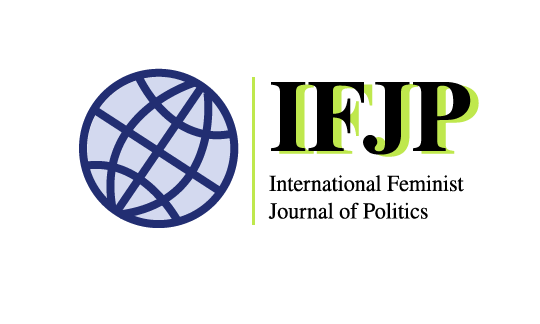This article examines the politics of knowledge production and the affective politics of rising anti-genderism in civil society in contemporary Turkey with a focus on two main points: (1) the variety of actors and their different strategies opposing “gender ideology,” and (2) the effects of state–movement dynamics on the political efficacy of those strategies. The findings demonstrate that anti-gender alliances between state and civil society actors display a discursive plurality in Turkey in terms of how they manage the fluidity and heterogeneity of the opposition to “gender ideology” that links a wide range of concerns about feminist ideas, movements, and lesbian, gay, bisexual, trans, and intersex (LGBTI+) rights.
Read MoreIn this article, Julia Wartmann discusses the radical gender equality reforms in the Autonomous Administration of North and East Syria (AANES), also known as Rojava, and how they have affected women’s lives since the implementation of the Women’s Law in 2014.
Read MoreFeminist scholarship regards the Western scientific revolution and twentieth-century agricultural modernization as patriarchal endeavors and technoscientific regimes as entangled in societal interests and politics. In this article, I engage with these perspectives by focusing on women scientists working in Brazil’s leading agricultural sciences organization, Embrapa. My analysis draws on life history interviews with three women, juxtaposing their personal and career trajectories with the history of the organization, which is a symbol of the triumph of science over nature.
Read MoreThe Council of Europe Convention on Preventing and Combating Violence against Women and Domestic Violence, known as the Istanbul Convention is a contested issue in Central and Eastern Europe. This article investigates this matter further by focusing specifically on Bulgaria and Poland using the most similar systems design; the former country has not ratified the convention, but the latter has.
Read MoreWhat work does gender perform within the arms trade? Natalie Jester argues that representations of women within arms manufacturers' social media positions the companies as beacons of neoliberal feminist progress, obscuring the violence of their products.
Read MoreThis article considers how discourses of family are used to categorize immigrants and refugees, determining access to or exclusion from national territory. Drawing on a comparative study of government-led public information campaigns (PICs) in the United States and Australia, the authors expand on this research to explore how the family is framed and mobilized in PICs to produce emotional and affective attachments intended to influence migration-related decisions.
Read the blog here.
Read More
